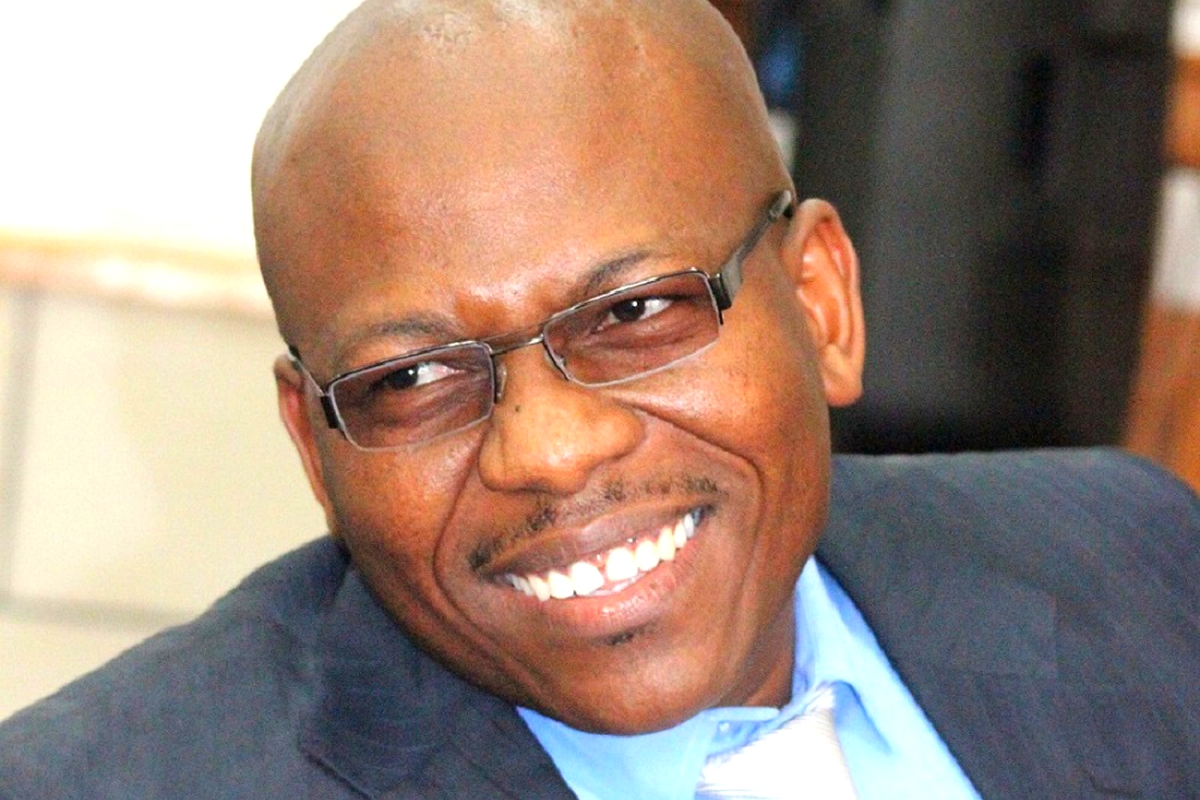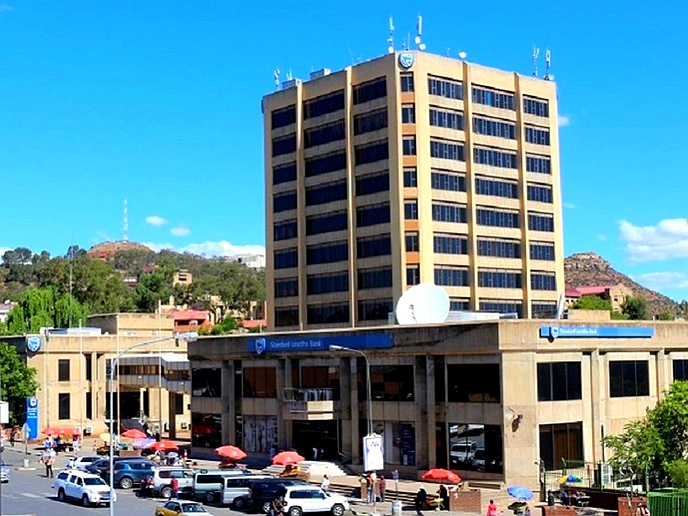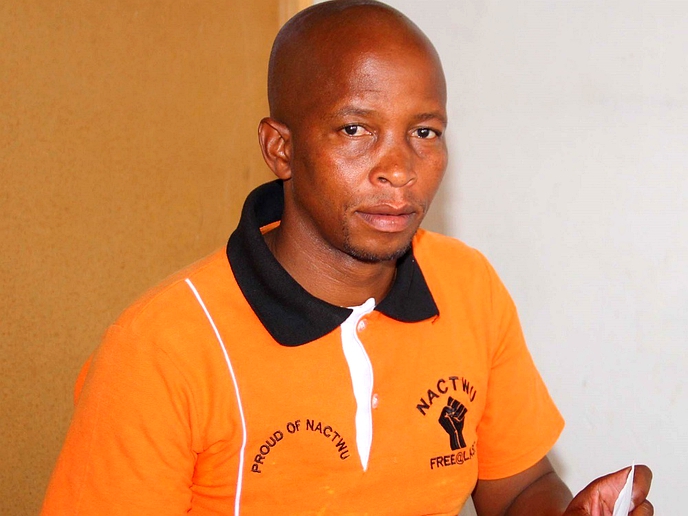ACCOUNTABILITY and strengthening of the financial management are key pillars towards the success of the second Millennium Challenge Corporation (MCC) compact in Lesotho.
business
May 21, 2021
NEO SENOKO
4 min read
Accountability key to MCC Compact II success

The Principal Secretary in the Ministry of Health, Khothatso Tšooana
This is according to the findings from Due Diligence which was conducted by URC in the middle of the compact development.
Results of the Due Diligence exercise were disseminated on Tuesday during the stakeholder workshop which also included the Ministry of Health.
The MCC awarded URC the five-year project in 2018 to work on Lesotho compact in collaboration with other stakeholders – the project ends in 2023.
The project supports MCC’s development of a compact for Lesotho to improve economic growth and reduce poverty through increasing the effectiveness and accountability of policy planning, coordination and execution.
MCC re-selected Lesotho as eligible for a second compact back in 2017. Signing of the compact is expected to take place in 2022 and implemented in 2023 and run until 2028.
The second compact is focused on improving capital investment as well as Health Systems Strengthening (HSS).
Through its Due Diligence findings, URC found quite a number of key weaknesses that need to be addressed. Challenges that are in line with financial management however are at the forefront and may threaten success of the second compact.
URC revealed that improvements are needed in the National System for accounting and budgeting as well as its implementation skills.
Particularly, weak systems in accounting for funding at the district level, including revenue accounting and the Integrated Financial Management Information System (IFMIS) should also be dealt with.
The URC findings further revealed that delays in funding warrant for district level work leads to delays in implementation.
Acting in his capacity as URC consultant, John Nkonyana explained among other things that IFMIS should be expanded at the district level to improve transactions.
“These are only proposed interventions. So we suggest that IFMIS be extended to the District level and hospitals. We also propose that block funding should be implemented because it will provide flexibility in the utilisation of funding at the district level so that we avoid a situation where money has to be returned from the district level even though they had needs.
“With the District Health Management Teams (DHMTs), we have seen the weaknesses around accountability and transparency. So we suggest that the DHMTs be capacitated with management skills. This is a wide range of helping them so that they can manage at a district level and the utilisation of funding,” Mr Nkonyana said during his deliberations on Tuesday.
He further recommended that quarterly reviews, which have been practiced in the past, should be reviewed and be properly organised this time around.
“There have been quarterly reviews made in the past, but they seem to have died a natural death. We propose that they be revived and properly organised so that they provide benchmarking, and provide progress monitoring as well as a situation where districts can compare performance,” the URC consultant added.
The Principal Secretary in the Ministry of Health, Khothatso Tšooana said the Health System Strengthening (HSS) is a framework for action that supports countries to scale up health systems and services.
He said Lesotho has benefited a lot from the United States government support in major areas, which include among others, the first compact development implementation which saw the country’s health facilities being renovated and new ones constructed.
Enjoy our daily newsletter from today
Access exclusive newsletters, along with previews of new media releases.
“This is the beginning of the journey towards compact II development and we will keep engaging in various ways as we figure out the HSS project. Let us all participate and give constructive input that will ensure that we have the best project for other countries to learn from,” Mr Tšooana noted.
The MCC is a United States Government agency committed to reducing poverty through economic growth. Created by the US Congress in January 2004, MCC is changing the conversation on how best to deliver smart U.S foreign assistance by focusing on good policies, country ownership and results.
In February 2019, the then Minister of Finance and now Prime Minister Dr Moeketsi Majoro together with the U.S ambassador to Lesotho, Rebecca Gonzales announced the MCC Compact Development Agreement worth $5.78 million. This marked a critical milestone in the development of a second compact with the Lesotho government.
The Compact Development Grant Agreement makes funds available to the government to develop a compact, or a development programme, designed to reduce poverty and spur economic growth.
Under the terms of this agreement, the government should use the funds to undertake feasibility studies and other activities related to compact development process.
During the event, the U.S ambassador highlighted the importance of remaining committed to the process of national reforms and to increasing accountability across sectors.
She said there is still potential for delay or derailment if the country does not continue purposefully on the path of reforms and political stability.
In its first compact with Lesotho completed in 2013, MCC invested $362.5 million to increase economic growth and reduce poverty by improving water supply, increasing access to essential health services and removing barriers to private sector investment.
The compact resulted in over 140 rehabilitated clinics and outpatient departments, 2 300 household water connections and construction of the Metolong Water Treatment Plant as well as independent or joined land titles for over 17 000 women.
Tailored for you






